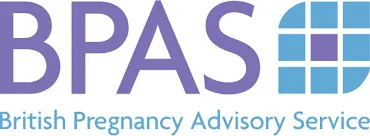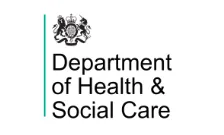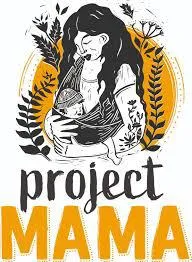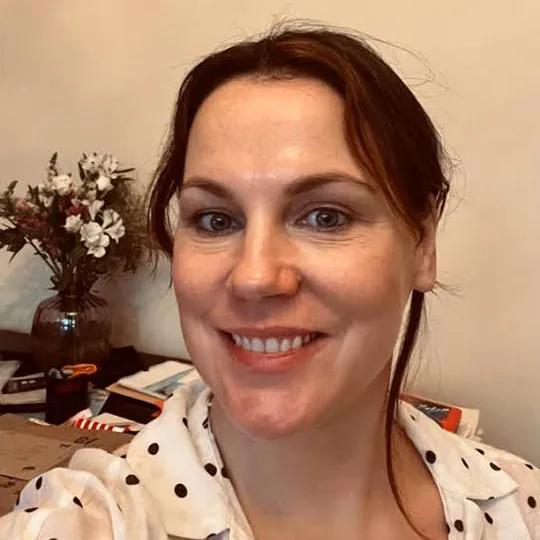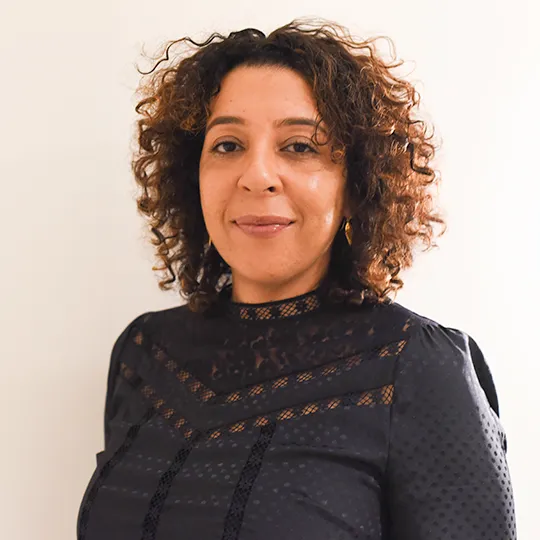The Reproductive Borders and Bordering Reproduction (RBBR) research project aims to examine the lived experiences of ethnic minority and migrant women and birthing people, as well as the institutional and experiential barriers they face in accessing maternal and reproductive healthcare throughout their reproductive life course.
Project aims
Our pivotal research delves into the intricate web of institutional, racial, and legal discrimination that creates formidable barriers to equitable reproductive and maternal healthcare.
By pioneering an innovative interdisciplinary approach that fosters dynamic dialogue among diverse stakeholders, sites, and timelines, our research endeavours to yield practical, policy, and academic insights into the profound impact of medical and legal structures in impeding access to essential healthcare.
Furthermore, we aim to explore the resilience and agency of women and medical professionals as they navigate these structures.
Our specific objectives are to:
- Illuminate the structural, socio-cultural, and experiential barriers to maternal and reproductive healthcare across the reproductive life course.
- Challenge and rethink philosophical, bioethical, and legal frameworks surrounding female intersectional agency.
- Investigate the strategies employed by ethnic minority and migrant women in manoeuvring through medico-legal contexts within healthcare services, and the approaches taken by medical professionals in balancing their enforcement role with legal structures.
- Pioneer methodological innovation to reimagine the reproductive life course, providing robust, contextualised data for policymakers and stakeholders to develop targeted strategies for addressing health disparities.
- Galvanise public awareness and actively engage policymakers in recognising and addressing the barriers to equitable healthcare experienced by ethnic minority and migrant women through high-impact public events.
Methodology
At the centre of our project is a Call and Response methodology, an adaptation of African American musical traditions that reflects a broader interdisciplinary approach.
This approach evolves across four Work Packages, putting philosophical thought in dialogue with socio-legal studies and multi-faceted ethnographic, arts-based, and participatory empirical methods.
- Work Package 1: Scoping the conceptual, ethical, and legal terrain.
- Work Package 2: Ethnographic case studies and creation of the sensory archive.
- Work Package 3: Reconceptualising and reimagining reproductive life courses.
- Work Package 4: Translation and Policy.
Ethnographic Case Studies
The case studies of the project reflect particular areas of reproductive health where ethnic minority and migrant women are disproportionately affected.
- Case study 1: Absence, explores the experiences of ethnic minority women who are affected by involuntary childlessness and reproductive loss.
- Case study 2: Discontinuation, examines how those with uncertain migration status navigate the obstacles and barriers to accessing abortion care.
- Case study 3: Delay, investigates the experience of impediments to accessing and providing specialist maternity care to women living with HIV and/or at risk of developing maternal hypertensive disorders (MHDs).
Our Partners
The Reproductive Borders research project involves an interdisciplinary team with expertise in law, sociology, anthropology, health, and policy from King's College London, the University of Bristol, and the University of Sussex.
The project is funded by the Arts and Humanities Research Council (AHRC). Its partners, the Stakeholder Advisory Group, include public advice services, charities, government departments, and research bodies specialising in UK maternal and reproductive healthcare.
Group leads
Contact us
If you would like to take part in our research project or would like more information, please email:
Take part
For more details about taking part see our participation information document.


